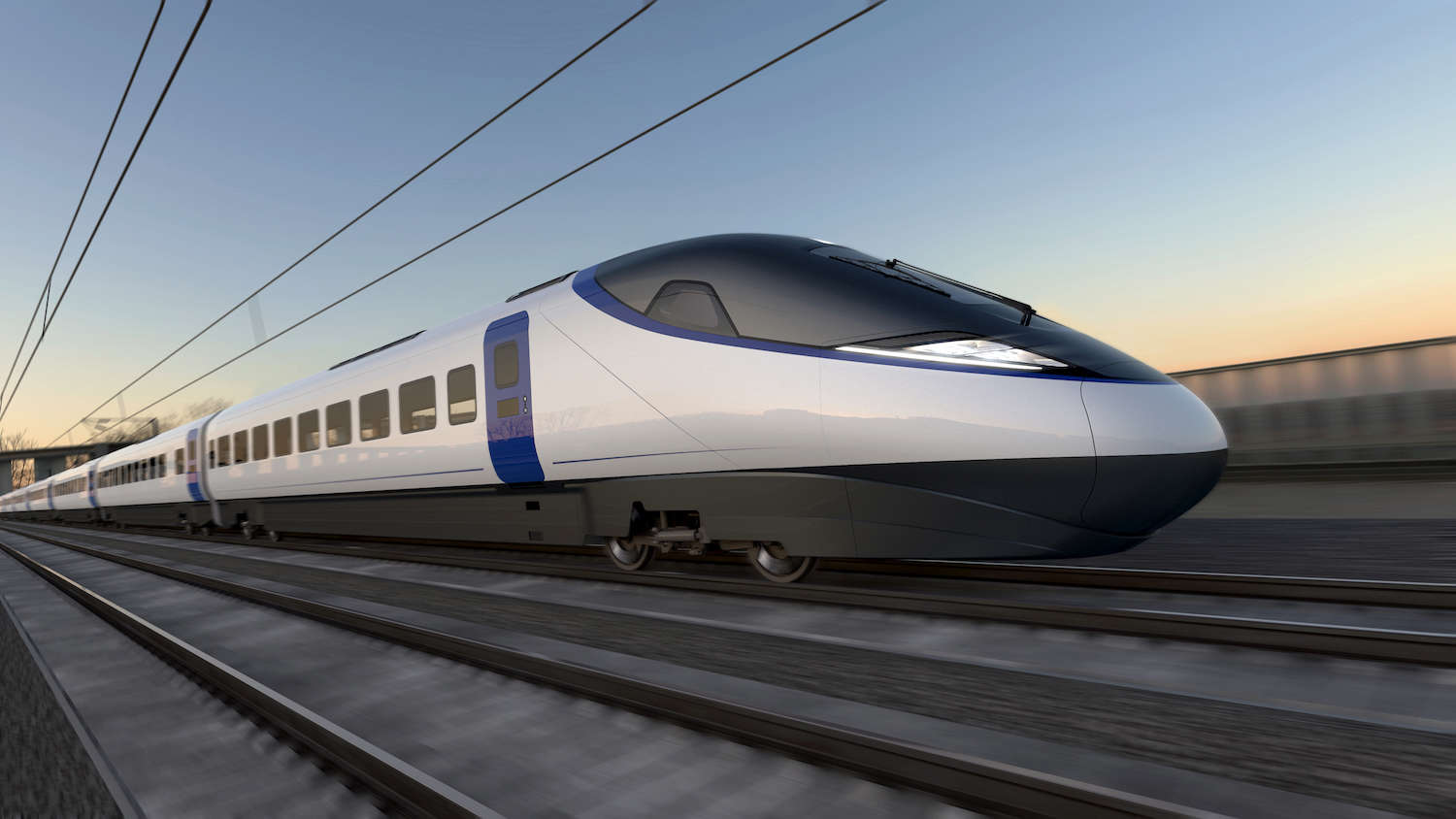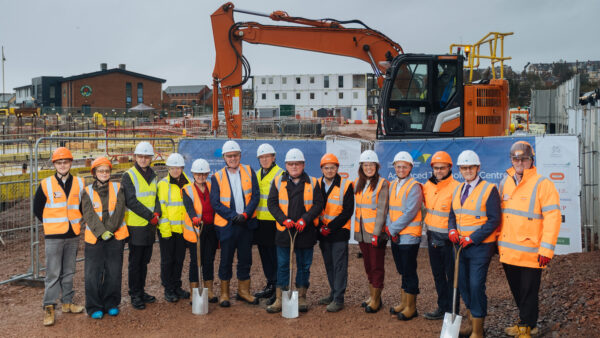
Carbon accounting, gravity sensors that can identify underground hazards, and hyper-local weather forecasting are among the latest innovations that HS2 Ltd has chosen for its Innovation Accelerator programme.
This is the fifth round of HS2’s start-up incubator. In a first for the programme, the five SMEs in the new cohort – notably from outside of construction – will be based at the operations hubs of HS2’s main civil works contractors. This is to both acquaint them with construction and help focus development of their technology for the industry.
HS2 Ltd innovation manager Jon Kelly said: “With our fifth Innovation Accelerator, we’ve brought in a cohort of tech firms from outside the construction sector to introduce new thinking and ways of working. We hope [this] can drive efficiencies across all the HS2 programme’s phases.
“In addition, we want to see value added to UK plc by helping small, innovative businesses to develop their technology, and grow their businesses by providing opportunities to tap into the huge construction industry.”
The five SMEs are as follows.
Silicon Microgravity
Silicon Microgravity is a SME spun out from Cambridge University research. It is developing non-invasive next-generation gravity sensors to identify underground hazards. The sensors could be deployed for ground investigation surveys and utility diversion planning.
EHAB
EHAB is developing hyper-local weather forecasting and using AI to optimise daily works schedules according to when or if rain is due. Reducing weather-related delays helps to maintain programme timetables and control costs.
EHAB recently raised £950,000 from its existing investors Insurtech Gateway and LEFA Enterprises, alongside Portfolio Ventures. This brings total funding to date to £1.4m which includes an Innovate UK grant.
Immense Simulations
Immense Simulations will further develop its AI-based strategic and operational transport planning tool to de-risk the effects of works traffic on local road networks. The technology could also help plan for the future effects that HS2 stations could have on traffic movements in surrounding areas.
Consequence
Consequence has developed carbon accounting technology that illustrates the full carbon content of construction materials used on HS2.
Mafic
Mafic is developing technology to enhance productivity and protect delivery schedules.
Don’t miss out on BIM and digital construction news: sign up to receive the BIMplus newsletter.











